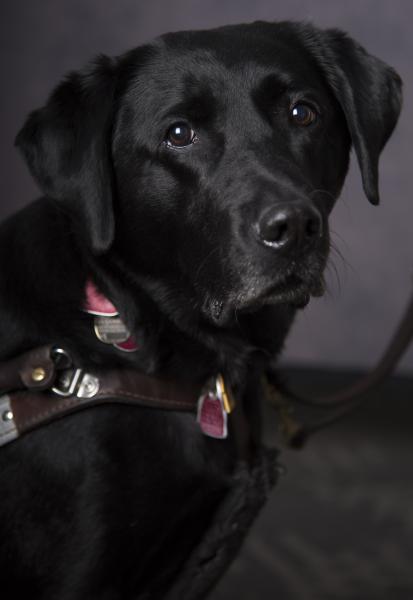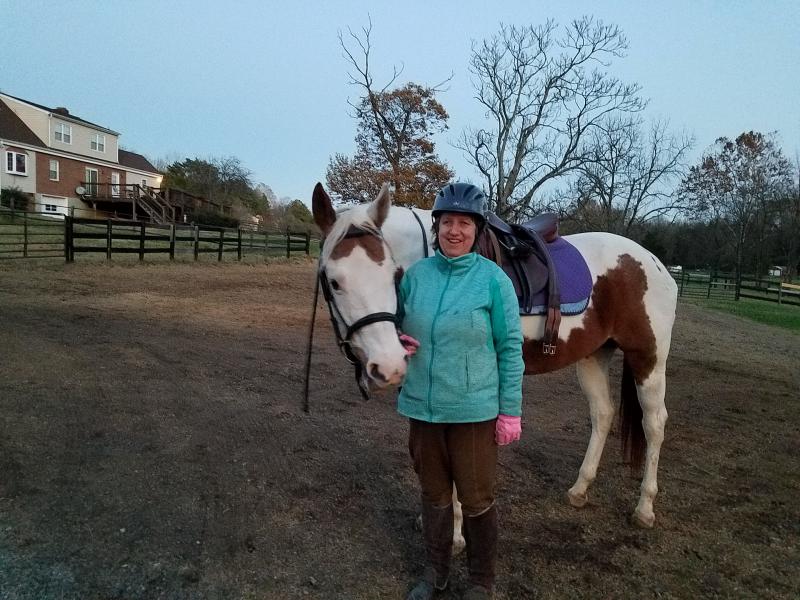Suzanne Ament

Education: Ph.D. Indiana University, Russian History
Suzanne Ament is the author of Sing to Victory: Song in Soviet Society During WWII and is an Associate Professor of History at Radford University.
When did you first develop an interest in Slavic, East European and Eurasian Studies?
I fell into the field between high school and college when I ended up in the intensive language program at UC Santa Cruz studying first year Russian. My wonderful instructor Anya kroth and my trip with Ben Clark to the USSR the next spring guaranteed that I was hooked on all things Russian. I finished a semester with CIEE in Leningrad and then went on to grad school at Georgetown in Russian studies. I finally finished my Ph.D. in History at Indiana.
What support have you received throughout your career (from ASEEES / other societies / federal support / etc.) that has allowed you to advance your scholarship?
Support has come in many forms: People such as Pete Brown, Peter Kenez, Richard Stites and Alex Rabinowitch have guided and encouraged me. In Russia, Vladimir Zak and Svetlana Sigida gave invaluable assistance. For the book I must thank Melanie Hunter and Chris Bradberry for editing and everyone at Academic Studies press. I have received financial support throughout from all three universities, IREX, SSRC, Fullbright-Hays, and the Illinois Summer research lab as well as the Hoover archive. My special thanks go to Dr. Barbara Allen, who was my reader and assistant for my dissertation year without whom I would not have finished the degree or the book. My four Seeing Eye dogs must also be mentioned: Sparkle, Quinnie, Nikita and Ulla have seen me through my entire career.
What does your ASEEES membership mean to you? How has your involvement with ASEEES helped to further your career?
I remember my first ASEES –well AAASS back then conference. It was in D.C. and I, as a grad student sat at the local info desk, attended panels and was awed by all the myriad topics and interesting conversations I heard. Membership means I am a part of a larger community which inspires me, gives support, allows networking, and allows me to keep aware of key issues in the field which my everyday teaching doesn’t always let me keep up with.
What do you believe is the most important impact ASEEES has on the field?
Where I teach there is no real organized community of Russian/ Eurasian scholars. Thus, ASEEES really creates for me a sense of the field and keeps me connected. In fact, it defines the field and seeks to extend the understanding of the region for us its members but also for the wider community.
What is your current research/work project?

Having just completed the book, I am now working to find another major research topic. I have feelers out on several topics, some of which are extensions of the book. For example, I am fascinated by the experience of female performers during the war. I am also interested in the history of the Soviet / Russian guide dog experience including the history of the school, the training methods which at least originally differed from those in the west, and the personal motivations and experiences of the dog guide handlers. Initially though sources for this project are proving difficult to find.
Besides your professional work, what other interests and/or hobbies do you enjoy?

Outside of work, my husband Jim and I have recently gotten into horseback riding and own a beautiful paint mare name Zippy and a buckskin quarter horse named Hank. We love just being at the barn and caring for them as well as riding. I am also working towards competing in para-dressage as a blind rider. My life-long singing and guitar playing continue and were in part responsible for my interest in the WWII songs. I also actively participate in the Baha’I community which centers me, gives me hope for the future of this world and provides new friends at every turn.
